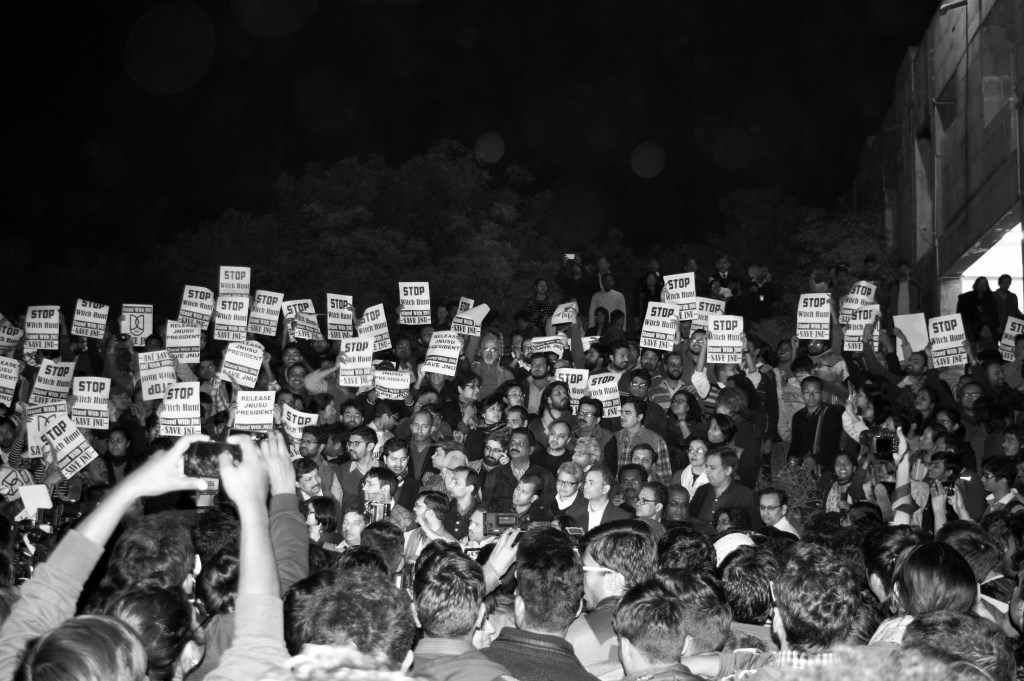Is India Failing Its Youth?

Revolutions are said to begin in universities. It is always the youth that bears the brunt of the excesses of the generations preceding it and competing with it. Nations find themselves tipping the balance towards the established old, because they are ruled by the established old.
The youth – and its grasp of social media - led the Arab Spring, which was welcomed at the time, but has today led to failed states, deposed dictators and broken homes. Disaffected youth form the ranks of the so-called Islamic State.
Youth led the events of the 1989 in China, and the youth suffered greatly for it too, achieving nothing, and losing their lives in the process. Indeed, youth – in the form of teenagers and 20 somethings – are leading society against the burgeoning control of the mainland on Hong Kong.
Universities fomented the ideas that led to the counterculture in the United States in the 1960’s. The youth did not want to participate in the wars waged, and the repressions imposed by, the old.
Atrocities against the youth led to the protests against the UPA government are another point of concern. That government failed to protect its youth in the streets, in job markets and in competition for resources with established generations as well as other countries competing for those same resources.
Revolution, therefore, is bound to occur in societies repressing its young.
India finds itself at a curious moment in time. The ruling party lacks adaptability. It does not sense the need for it to compromise on issues with the youth. The youth want more rights, more liberty and more opportunities.
The government has, however, failed to show any sort of responsibility to towards its youth. It has reacted like a wounded animal scared of its reflection and lashed out at youth calling for reform. It has shown that it can be petulant and ridiculous. The ban on pornography – and how far it seems away now – is one example in point. The JNU controversy is another, very serious, question mark on this government’s ability to handle any sort of crisis.
The reason behind the overzealous reactions this government has is simple: it is banking itself to deliver opportunities and growth to satiate the youth. It has in fact done a good job of keeping the economy on track despite global turmoil.
The government is also relying upon a part of the youth being allied to its philosophy of Hindu Nationalism.
The thing about nationalism, however, is that it is a club relying upon exclusivity born out of ideas of what makes a state a state. These ideas tend to succeed on the impressionable. The time, however, comes when the impressionable become wise to the tricks and realise the futility of nationalism and the complete and total equality between races and the nations that these races make up. Nationalism only ends up as a cause against which the young want to rebel because of the constraints it imposes.
The state must remember, therefore, that the footsoldiers of revolutions are always the young. This government might not see itself as an oppressor, but it is certainly behaving like it.
(The writer is an advocate. This is an opinion piece that appears in Young Citizen).



